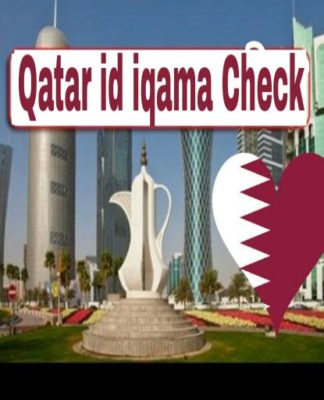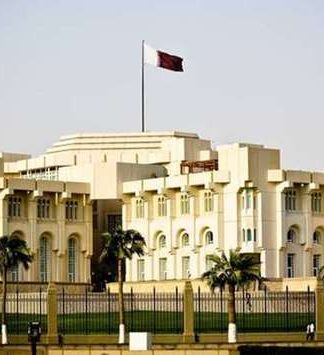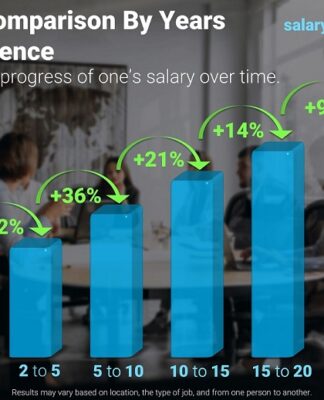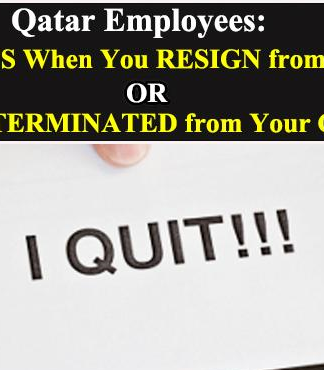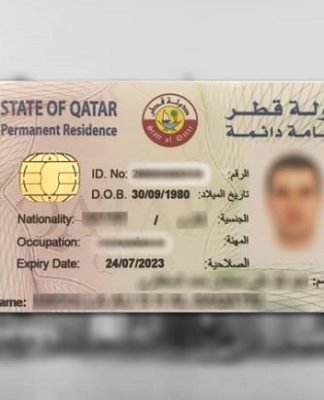A report by “World Politics Review” confirmed that the administration of US President Donald Trump is once again participating in regional mediation to seek to resolve the Gulf crisis and end the blockade imposed on Doha, and there is an American move to declare Qatar a key non-NATO ally, which confirms Washington’s openness to strengthening its cooperation Strategic with Gulf partners. The report added: “The American administration will welcome the Gulf reconciliation, which the White House can consider another” victory “in the foreign policy of the United States before the presidential elections next month. The report also made clear that Qatar adheres to the two-state solution to solve the Palestinian issue, while Washington welcomes the Qatari role in the Gaza Strip. The report explained that the UAE and Bahrain have tried to isolate the State of Qatar diplomatically and economically, since 2017, but this attempt, in practice, was to limit the independence of Doha.
On the other hand, the report said that the so-called Abraham Agreements formalize the pragmatic interest relations with Israel that the UAE and Bahrain built and sought to develop over the past decade. Informal relations with Israel were in place, so it is not surprising that these two countries were the first to announce agreements with Israel on August 13 and September 11, respectively. Both countries have invested heavily in promoting their countries as bastions of religious tolerance in recent years, to divert attention from their systematic crackdowns on domestic political opposition. Bahrain Its leaders have long made clear their desire to develop more open and cooperative relations with Israel. In 2009, Crown Prince Salman bin Hamad Al Khalifa wrote in an opinion piece in the Washington Post, “We as Arabs have not done enough to communicate directly with the people of Israel.”
The report also indicated that Bahrain has a relatively active political landscape and civil society compared to the UAE. Days after the announcement of the Emirati deal with Israel, a coalition of 23 Bahraini political and civil groups, trade unions and trade unions signed a joint statement against it, and there are signs of the opposition looking for any opportunity to turn into a broader threat to public order. Officials in other Gulf capitals will likely be watching closely for any potential societal reaction to relations with Israel. There are concerns about the Trump administration’s drive to sell advanced weapons systems, including F-35 fighter jets and armed drones, to the UAE, potentially violating the decades-long commitment of the United States to ensuring Israel enjoys military supremacy in the region.















